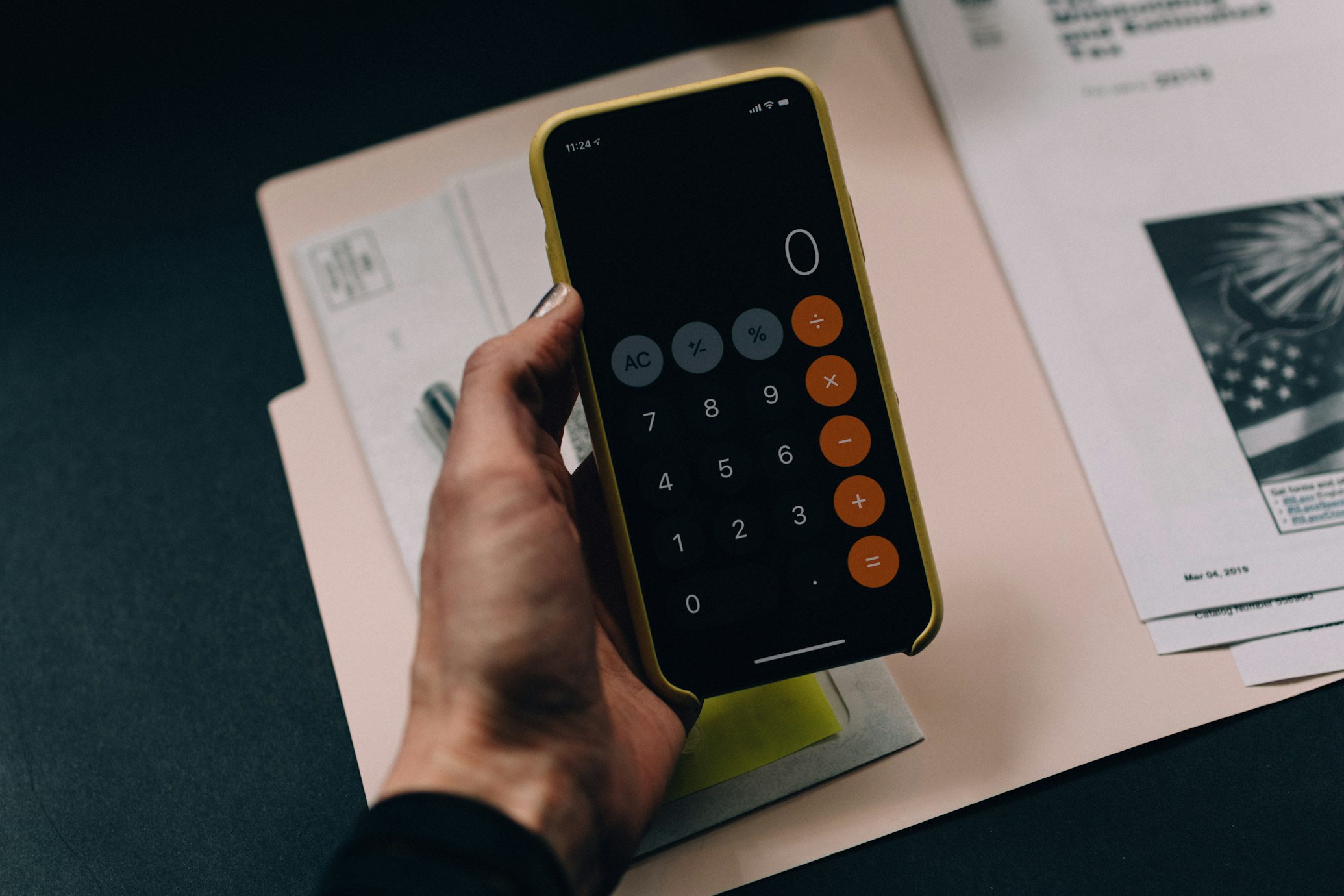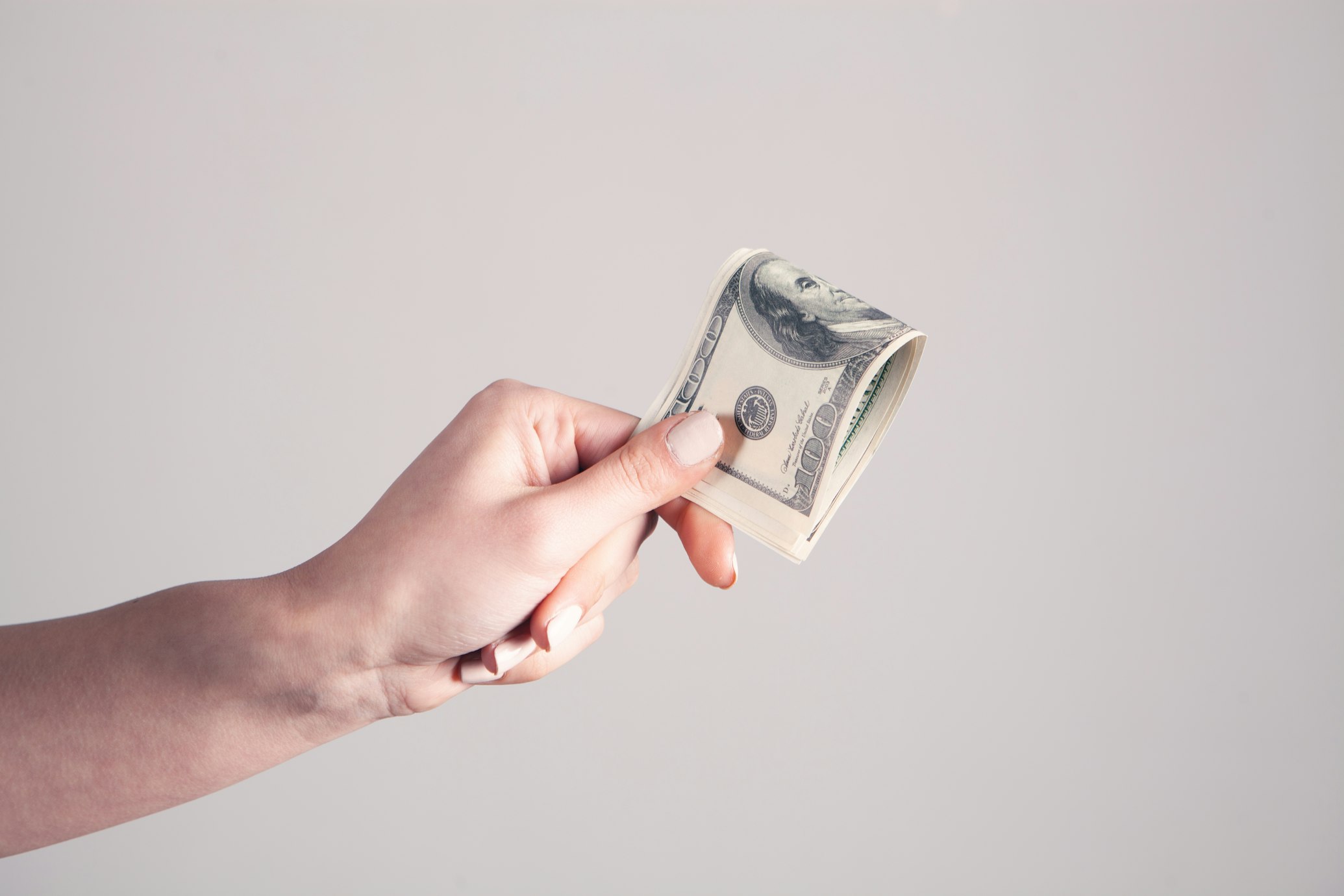Why Tangible Book Value Is An Underrated Key Ratio
Last updated: Dec 9, 2022

Maybe you have heard about the P/B ratio, but what about its close relative to the P/TBV? I believe it's a clean and better key ratio than the book value. And should at least be used after P/B.
Tangible book value may also be referred to as net asset value or book value. It all depends on what the company has for assets.
I believe that book value is a more speculative key ratio than looking at the tangible. And I hope after reading this you will understand why I think that.
Book Value vs Tangible Book Value
Book value is all the assets, and it sounds great on paper. But when you look closely at the assets there is often a lot of intangible that can be extremely hard to value.
Intangible assets are often the most valuable assets, but it's also the easiest to get wrong. Or that is speculative.
Coca-cola is a strong brand, and sure its value is great. But how much? How would YOU value it?
How can anyone rightly value a patent that may even be useless since another company is maybe developing something way better?
Your education is a form of intangible asset that maybe can be valued in some way, but you can't sell it. And it might not even pay off since you may not be able to work after you have already paid or put in the time. You can never for sure know the value of it even when it probably is the greatest asset you own.
If we value a company based on its tangible book value we would get everything that the company can sell. Almost straight away.
And tangible are usually easier to value because similar assets may be sold right now. Or these assets have been bought and will likely sell for somewhat close to that.
Don't get me wrong, these assets can also be greatly overvalued, but they won't likely be 100 times wrongly valued. Or won't be completely useless or even provide a negative value.
Let's say you own a car it could break down. And you will get a hell of a lot less. But you can sell it for parts or scraps. You won't likely end up with nothing when you finally want to sell it.
What to look out for when using tangible book value?
Like our car example, a mechanical asset can become destroyed or obsolete. So they should be depreciated over time. Because like you and me they will eventually stop working.
Even the great Egyptian pyramids will end up getting damaged, but they still increase in value eventually since the land they stay on likely gets worth more. And the historical value makes tourists more likely to want to visit it, etc.
Things that probably won't have many buyers are more likely to be wrongly priced. Let's say you bought a shipping company that owns three large ships. These ships won't likely have many kinds of buyers. And they will most likely only be purchased by another shipping company. So there aren't many buyers around because of that.
Assets are inflated and therefore controlled by loans and interest. Real estate is a perfect example of this.
Most people won't buy real estate with only their own money. And because of this, the loaning has made the buying price higher than it would have been.
And if the interest rates rise, real estate prices will most likely drop. And if they do drop, the price will rise. These valuations are not valued purely on supply and demand but on what kind of loans are out there.
If real estate has high debt and interest rates also rise the asset can lose money.
Tangible book value companies
Some companies can be undervalued based on their tangible book value. And they can sometimes be value traps, so you can't just solely look at the tangible book value. But it's a great start nonetheless.
The risks also involve that you have no saying if these assets are getting sold or anything like that. A company selling below its tangible book value may not do much with that.
More key ratios to see the profitability, debt, and other things are to value these companies.
Tangible Book Value Banks
Banks often sell below their tangible book value, but it's not always as tangible as it may seem.
Accounts receivable are tangible assets in the balance sheet, but they are essentially low-risk loans. Sometimes loans won't be repaid. And then these receivables are more useless than regular hard assets.
Tangible Book Value Real Estate
The valuations can be inflated based on the current interest rates on loans. And sometimes, real estate gets very highly valued even tho the real estate is not making any money.
If an asset ends up costing you money it can become a liability.
Tangible Book Value Investment Companies
You can buy an investment company with holdings selling for below the share price. It sounds great because you pay less for more of the same shares.
Watch out for if the holdings are listed. Because if they are listed and valued at that price. It means buyers are willing to pay that price today for it.
Unlisted companies are harder to value because of this. Sometimes investment companies buy these assets and evaluate them themselves or take the old purchase price. And say it's the tangible value of the company. Even if these companies may be deteriorating.
Unlisted companies may very well also be unprofitable. Meaning they will require more money put into them to start generating a profit. They can be bleeding, and the owners will have to pay for it.
If an investment company has a lot of debt and the underlying assets also have debt it adds additional risks. It's like if you loan money and buy stocks that already have debt.
Nets-nets Benjamin Graham's Strategy
In the book Security analyst written by Benjamin Graham and David Dodd, they explain this strategy in 7 steps.
And I want to highlight this strategy since it can profit from companies with tangible assets. Warren buffet used this strategy but calls them cigarette butts since you had to throw them away later. But people tend to forget that this is probably the time he made his highest returns on investment.
But at its core, it uses NCAV which is equal to current assets - total liabilities. And just ignoring the intangible assets you get tangible book value.
Net-net working capital (NNWC) is almost the same, just that it takes into account what can be sold right now. Think of this as the liquidation value.
I like this strategy because it essentially tries to buy less than their assets are worth.
Often you get garbage that no one believes in. And these can get greatly undervalued. And if you buy companies according to this strategy you will most likely buy something everyone hates. And their lower valuations are because of a reason. Never forget that.










